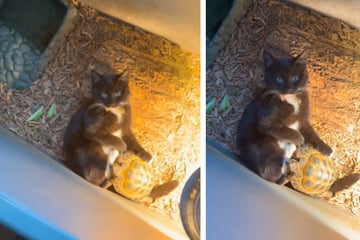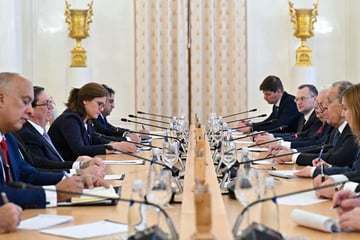Israel dismisses South Africa's genocide case at UN top court as "profoundly distorted"
The Hague, Netherlands - Israel said Friday the genocide case at the UN top court against it was "profoundly distorted" and did not reflect the realities of its actions in Gaza.
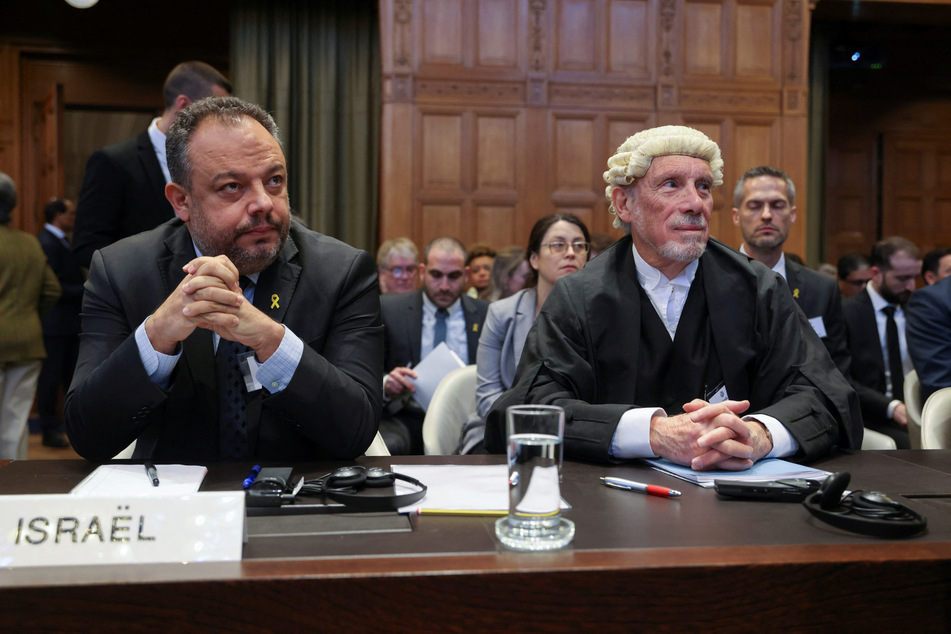
South Africa has "regrettably put before the court a profoundly distorted factual and legal picture," claimed Tal Becker, a top lawyer for Israel at the International Court of Justice (ICJ) in The Hague.
"The entirety of its case hinges on a deliberately curated, decontextualized, and manipulative description of the reality of current hostilities," he added.
South Africa has launched an emergency case at the ICJ arguing that Israel stands in breach of the UN Genocide Convention, signed in 1948 in the wake of the Holocaust.
Pretoria wants judges to force Israel to "immediately" stop the Gaza campaign launched after the October 7 Hamas attacks.
Israel has responded with a relentless military campaign that has killed at least 23,469 people, mostly women and children, according to Gaza's health ministry.
Israel and US dismiss South Africa's genocide case
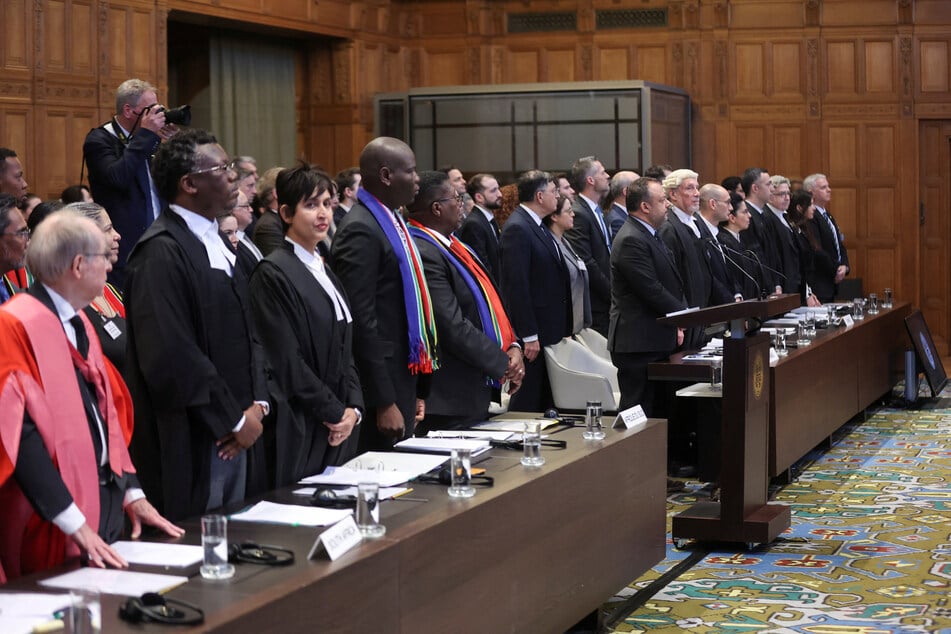
Israel and its ally the United States have dismissed the case as groundless and vowed a robust defense at the Peace Palace in the Dutch city, which houses the ICJ.
"The State of Israel is accused of genocide at a time when it is fighting genocide," said Prime Minister Benjamin Netanyahu in the run-up to the hearings.
"A terrorist organization carried out the worst crime against the Jewish people since the Holocaust, and now someone comes to defend it in the name of the Holocaust? What brazen gall. The world is upside down," he added.
In Washington, State Department spokesperson Matthew Miller said the South African case was "unfounded."
"In fact, it is those who are violently attacking Israel who continue to openly call for the annihilation of Israel and the mass murder of Jews," said Miller.
The ICJ will likely rule within a matter of weeks on South Africa's request. Its rulings are final and legally binding, but it has little power to enforce them.
A month after Russia's invasion of Ukraine, the ICJ ordered a halt to the military operation – to no avail.
South Africa presents powerful case before the ICJ
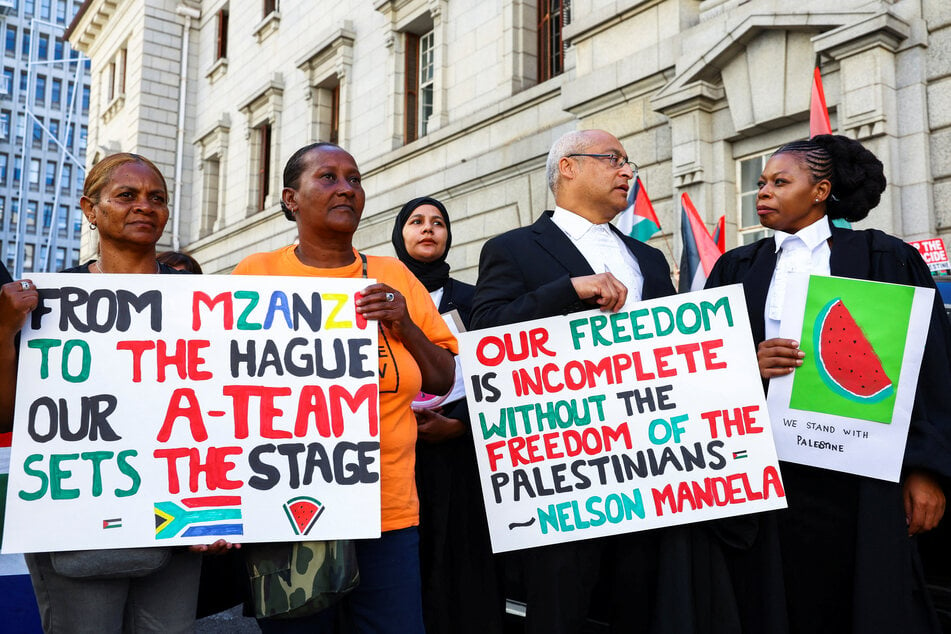
For this emergency proceeding, the court will not rule on the fundamentals of the case – whether Israel is actually committing genocide – but on whether the rights of Gazans to exist are at risk.
South Africa can bring an ICJ case against Israel as both countries have signed the Genocide Convention.
Pretoria's Justice Minister Ronald Lamola told the court on Thursday that Israel had "crossed the line" and was in breach of the convention. He said that even the brutality of the Hamas attack could not justify this.
"Genocides are never declared in advance," said Adila Hassim, a top lawyer for South Africa.
"But this court has the benefit of the past 13 weeks of evidence that shows incontrovertibly a pattern of conduct and related intention that justifies a plausible claim of genocidal acts."
The ruling African National Congress has long been a firm supporter of the Palestinian cause, often linking it to its own struggle against the white-minority apartheid government, which had cooperative relations with Israel.
Anti-apartheid icon Nelson Mandela famously said South Africa's freedom would be "incomplete without the freedom of the Palestinians."
Addressing the ICJ on Thursday, the lawyer for South Africa Blinne Ni Ghralaigh said international justice itself was on the line.
"Some might say that the very reputation of international law, its ability and will to bind and protect all peoples equally, hangs in the balance," she told the court.
But Israel described South Africa as the "legal arm" of Hamas and claimed Pretoria's case was "one of the greatest shows of hypocrisy in history."
Cover photo: REUTERS
